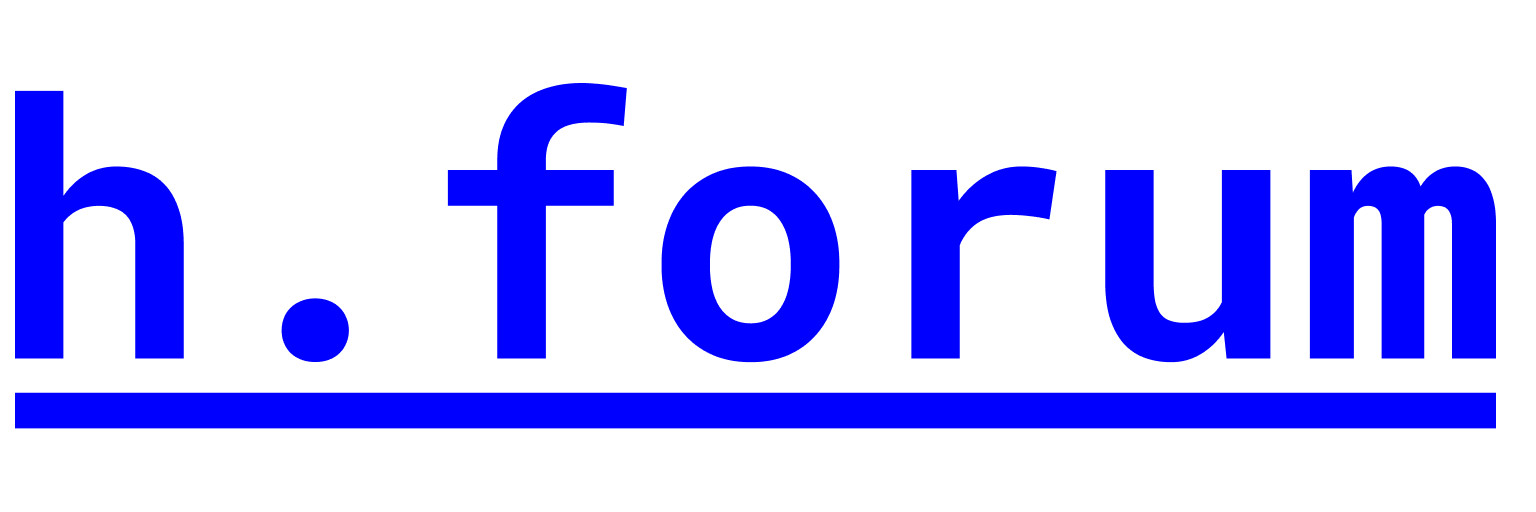Thanks Max, these links are great. Space between course notes + textbooks (and process of creating a textbook in that more evolutionary way) is very interesting. Kind of what @colingorrie is building with the conlang material.
That hackathon looks fun, reminds me of this one I went to a few years back: http://codexhackathon.com/ - not sure if any specific long term projects came out of it (and I think was a bit more open ended / less academic focus) but was a super cool space for experimenting with literary tech and seeing others’ ideas.
And thinking about the event & topics we covered, two more things that came to mind slightly after the fact—
Personal textbooks; textbook authorship as creative act and lens for learning e.g. with writing a micro-textbook as a way to explore a specific interest, and both learn about it yourself + articulate for others, internal digestion serving as potential external artifact…
Hyper-niche canonicity (related to what you mentioned re: course notes!)…thinking about how textbooks can get more and more specific and granular, e.g. not just intro linguistics or language construction but a very specific textbook for this particular sort of conlang workshop (thinking also about discussion re: proliferation of syllabus paths, collaborative annotation, dynamic selection of texts etc.)
